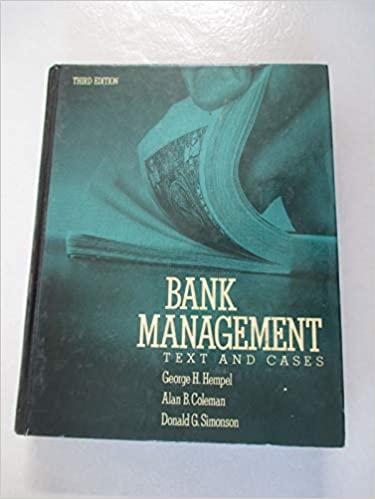

X P17-19 (similar to) Common stock versus warrant investment Personal Finance Problem Tom Baldwin can invest $4,000 in the common stock or the warrants of Lexington Life Insurance. The common stock is currently selling for $25 per share. Its warrants, which provide for the purchase of 5 shares of common stock at $21 per share, are currently selling for $25. The stock is expected to rise to a market price of $30 within the next year, so the expected theoretical value of a warrant over the next year is $45. The expiration date of the warrant is 1 year from the present. a. If Mr. Baldwin purchases the stock, holds it for 1 year, and then sells it for $30, what is his total gain? (Ignore brokerage fees and taxes.) a. If Mr. Baldwin purchases the stock, holds it for 1 year, and then sells it for $30, his total gain is $ . (Round to the nearest dollar.) b. It Mr. Baldwin purchases the warrants and converts them to common stock in 1 year, what is his total gain it the market price of common shares is actually $30? (Ignore brokerage fees and taxes.) c. Repeat parts a and b, assuming that the market price of the stock in 1 year is $25. d. Discuss the two alternatives and the trade-offs associated with them. X P17-19 (similar to) Common stock versus warrant investment Personal Finance Problem Tom Baldwin can invest $4,000 in the common stock or the warrants of Lexington Life Insurance. The common stock is currently selling for $25 per share. Its warrants, which provide for the purchase of 5 shares of common stock at $21 per share, are currently selling for $25. The stock is expected to rise to a market price of $30 within the next year, so the expected theoretical value of a warrant over the next year is $45. The expiration date of the warrant is 1 year from the present. a. If Mr. Baldwin purchases the stock, holds it for 1 year, and then sells it for $30, what is his total gain? (Ignore brokerage fees and taxes.) a. If Mr. Baldwin purchases the stock, holds it for 1 year, and then sells it for $30, his total gain is $ . (Round to the nearest dollar.) b. It Mr. Baldwin purchases the warrants and converts them to common stock in 1 year, what is his total gain it the market price of common shares is actually $30? (Ignore brokerage fees and taxes.) c. Repeat parts a and b, assuming that the market price of the stock in 1 year is $25. d. Discuss the two alternatives and the trade-offs associated with them








